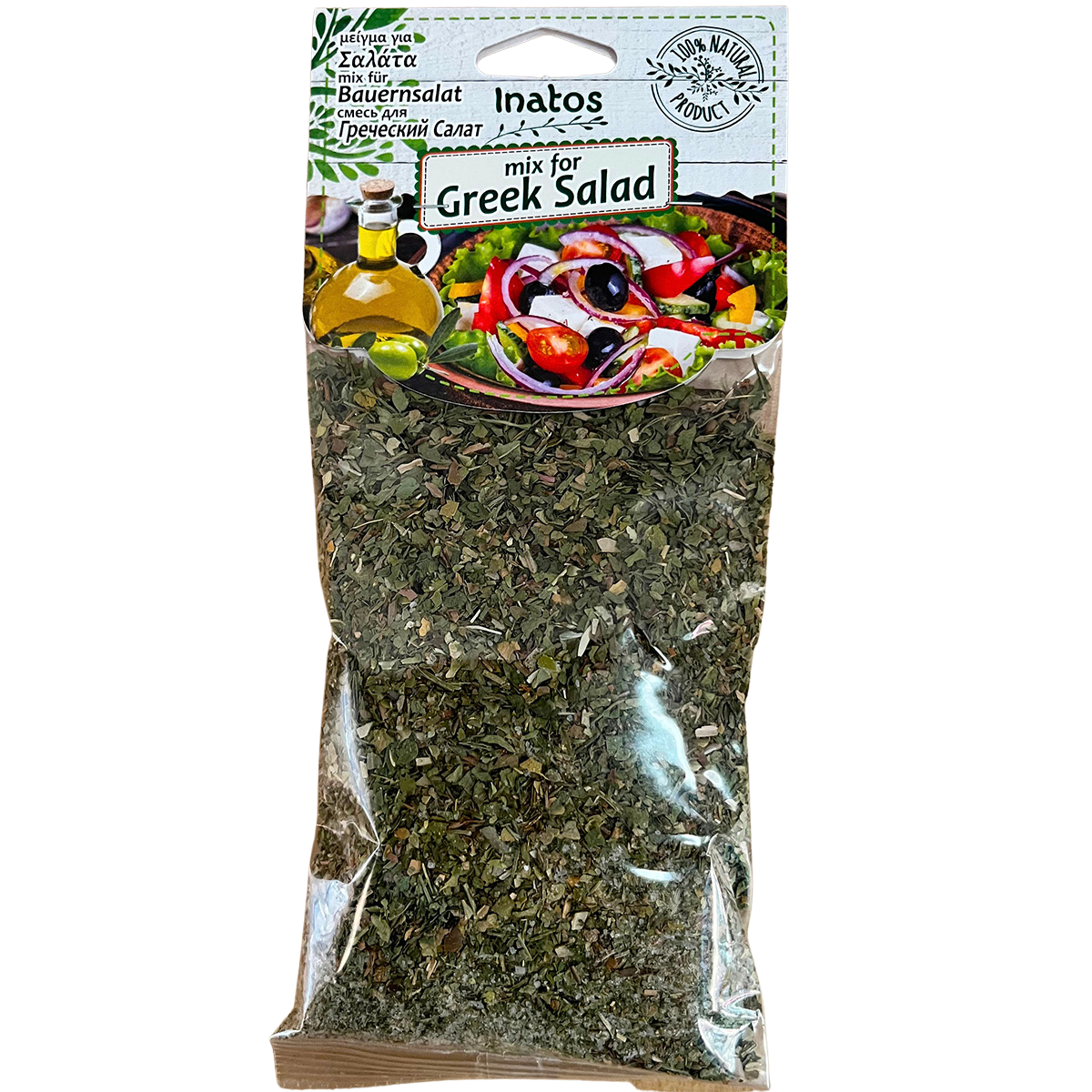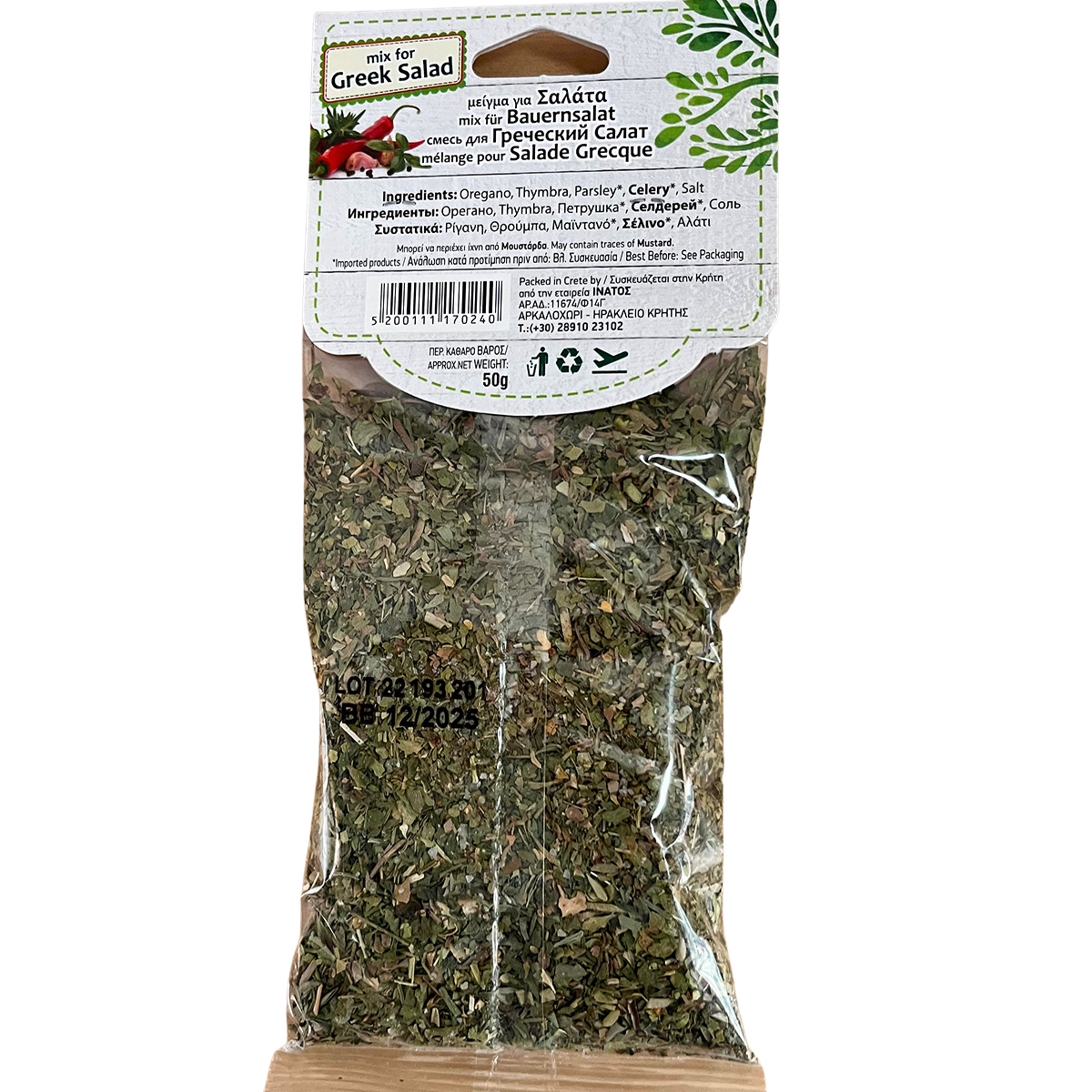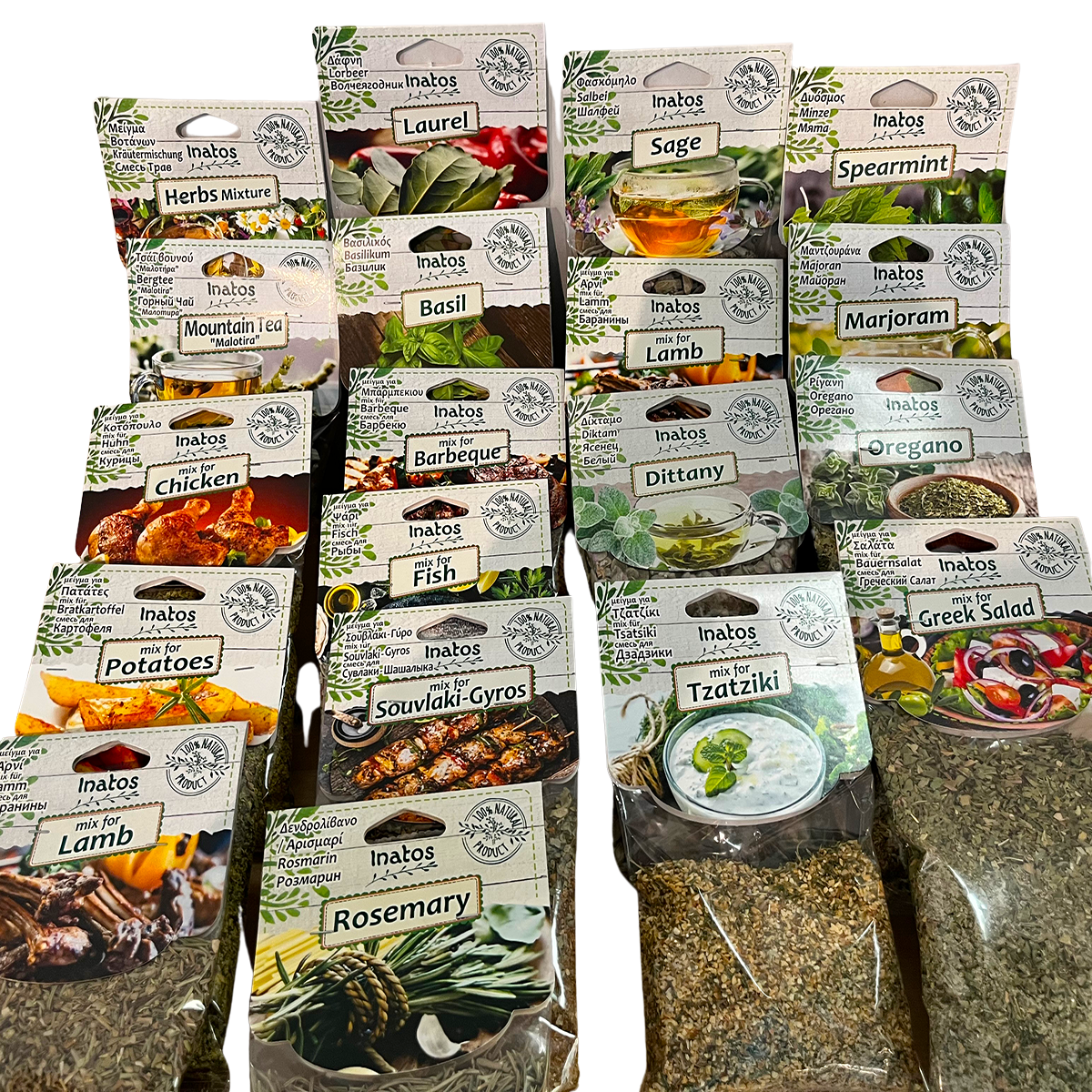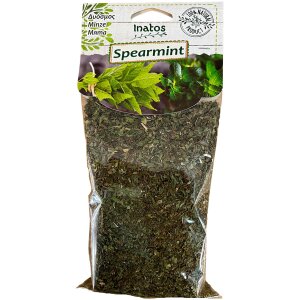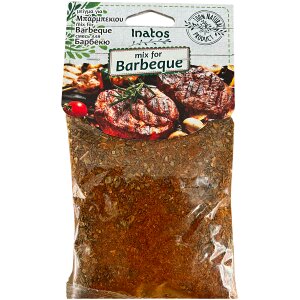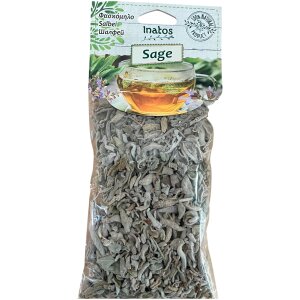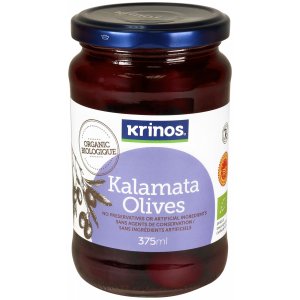Inatos Mix for Greek Salad – 100% Natural
$2.89
Greek salad or horiatiki salad (Greek: χωριάτικη σαλάτα[a] or θερινή σαλάτα[b]) is a popular salad in Greek cuisine generally made with pieces of tomatoes, cucumbers, onion, feta cheese
Description
Inatos Mix for Greek Salad
The classic combination of Greece’s most refreshing vegetables and feta cheese. Horiatiki (“Greek”) salad, a creation of taverna owners in the downtown Plaka neighborhood, made its appearance during the first tourism boom in the 1960s and ’70s. Greek salad or horiatiki salad (Greek: χωριάτικη σαλάτα[a] or θερινή σαλάτα[b]) is a popular salad in Greek cuisine generally made with pieces of tomatoes, cucumbers, onion, feta cheese (usually served as a slice on top of the other ingredients), and olives (typically Kalamata olives) and dressed with salt, Greek oregano, and olive oil. Common additions include green bell pepper slices or caper berries (especially on the Dodecanese islands). Greek salad is often imagined as a farmer’s breakfast or lunch, as its ingredients resemble those that a Greek farmer might have on hand.
Ingredients:
Oregano, Thymbra, Parsley, Celery, Salt
May contain traces of Mustard
Healing Benefits:
- Oregano contains chemicals that might help reduce cough. Oregano also might help with digestion and with fighting against some bacteria and viruses. People use oregano for wound healing, parasite infections, and many other conditions.
- Thymbra stimulates brain function and the body while effectively fighting insomnia. It is considered a natural aphrodisiac and good at fighting sexual atony while relieving nervousness and stress. As a natural sedative and analgesic, this herb relieves pains of rheumatism and arthritis.
Size:
50 grams
Also Available at Parthenon Market, Deli, and Café
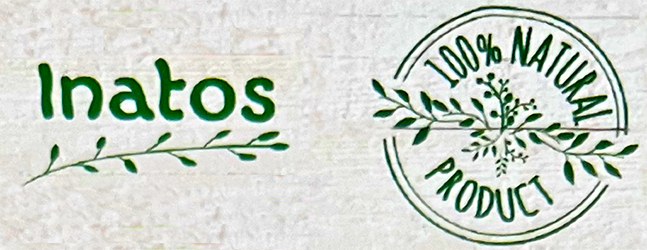
Inatos greek spices are 100% natural.
They are packaged in Crete, however, they are grown all over Greece.
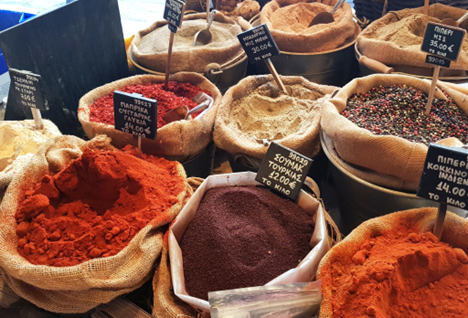

“Herbs were the main ingredient of Greek cooking all the way back to ancient times. Being a natural product of so much variety in the Greek countryside and taking advantage of the ideal climate, they gave the Ancient Greeks the ingredients to flavour their food, as well as the possibility to cure people of diseases. As far as their medical use is concerned, the physician Hippocrates was known for basing the Hippocratic elemental healing system on medicinal herbs, and this system is considered one of the cornerstones of later Western medicine. On the other hand, due to their abundance and simplicity, culinary herbs were widely grown and dried, and their combination with one of the crown jewels of Mediterranean cuisine, olive oil, was commonplace in the preparation of a meal. Sometimes, herbs were also used in some religious ceremonies during the time period.
Some of the main herbs used in Greek cuisine include oregano (known in the classical world for its association with Aphrodite and happiness, whereas today it is considered the king of Greek herbs), thyme, sage, parsley, dill, mint, spearmint, fennel, and many others.
Spices, on their part, were also the main ingredient of an ancient Greek meal, but it is true that the majority of spices used in Greek cookery today can be linked to the millennia of interaction Greece has had with other great civilizations, such as the Romans, the Persians, the Turks, the Arabs and a host of others from all over the world. Today, spices like garlic, onion, cinnamon, cumin, coriander, nutmeg, pepper, paprika, cloves, and sesame constitute an integral part of what makes Greek cuisine so aromatic. A special mention has to be made about greek saffron from Kozani and greek mastic from Chios, both of which have a P.D.O. Designation, are only grown in these specific regions and are regarded as number one worldwide.”
Read the full article by Anna Tzogia here: Aromatic herbs and spices of Greek cuisine!

